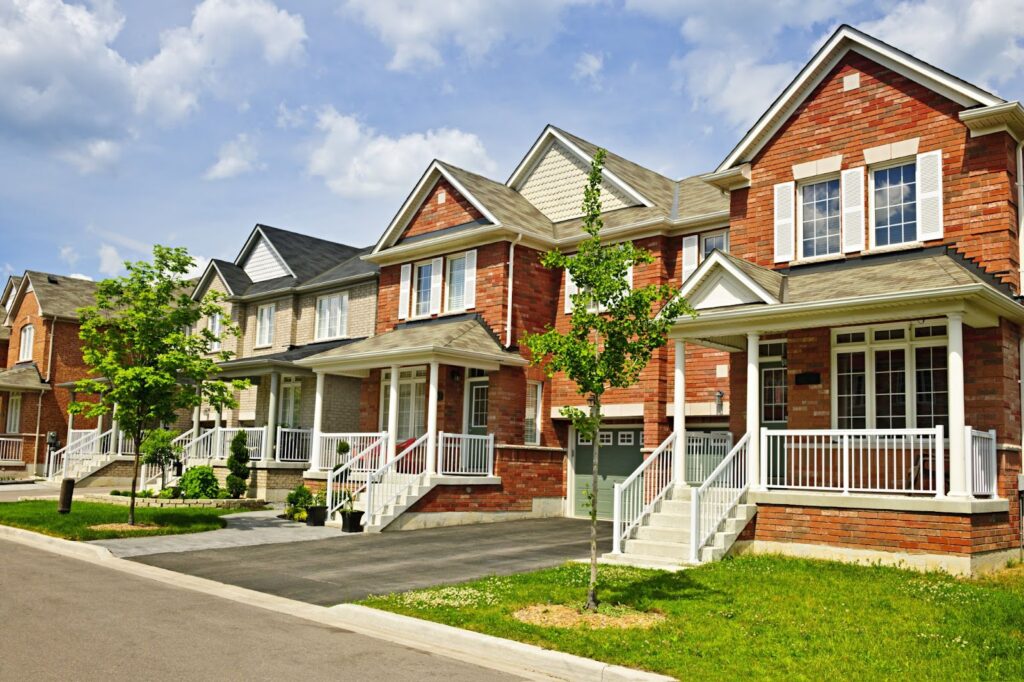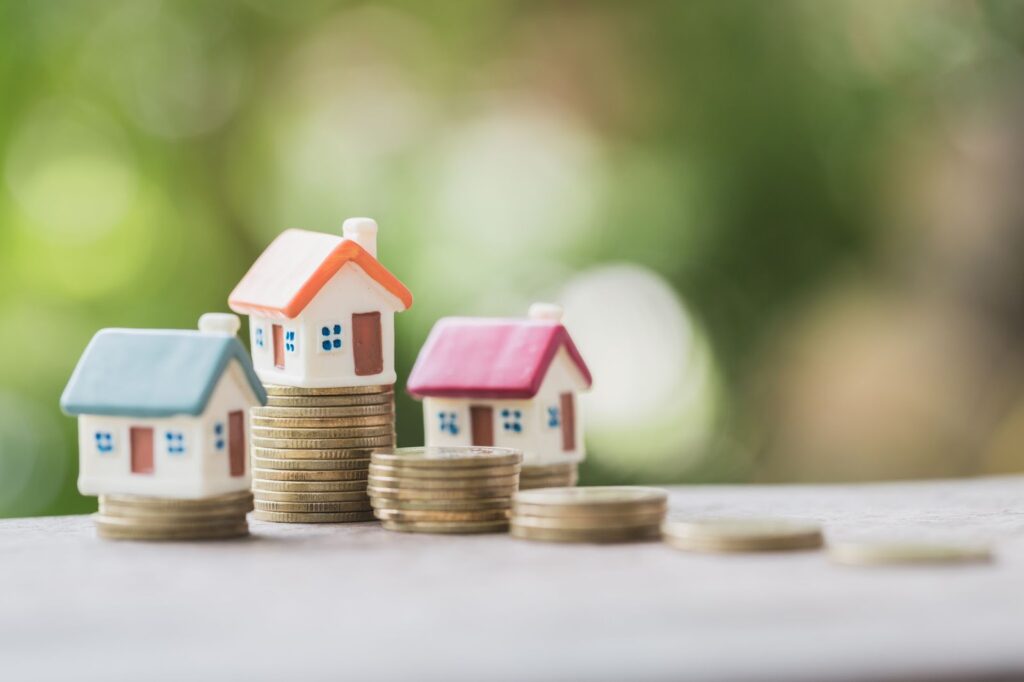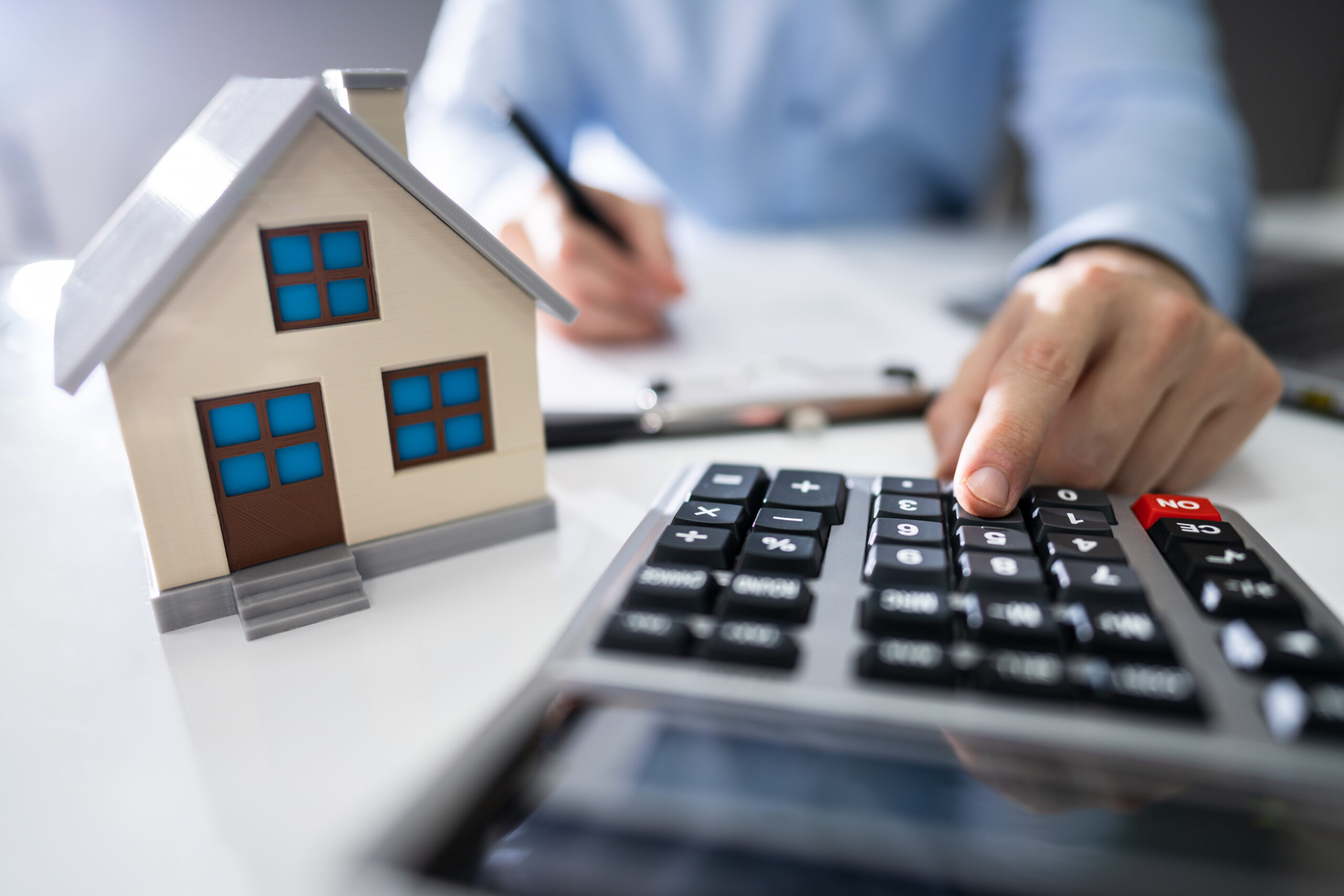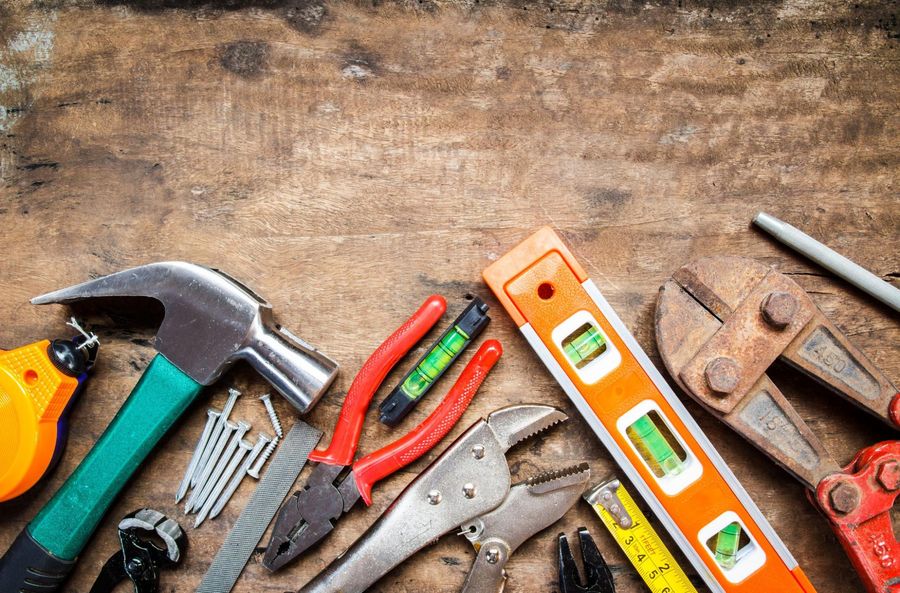Last Updated on October 24, 2023 by Corben Grant
If you are a homeowner who bought your property more than five years ago, there is a good chance that your home has already accrued a significant amount of equity. This is generally seen as a good thing: homes are meant to be an investment that ideally grows their value.
The worry of many Canadians who have grown a significant amount of equity in their homes is that when it comes time to sell, this added value could be eroded by a large amount of taxes being applied.
It’s hard to blame people for believing this, after all, tax laws can be notoriously complicated, and there has been a lot of talk about capital gains tax in real estate. Luckily, for most people, a tax on home equity will not be applied to your home sale, however, there has been recent interest in instituting just such a tax. Let’s look a little deeper at taxes on home equity and what it means for Canadians today.
What is a home equity tax?
When you own an asset like a home long enough and it grows in value, this is referred to as your equity. Equity is an important fact in investing. First of all, your investment should at least increase proportional to inflation, however, a good investment should perform beyond that. And real estate has long been seen as a good investment due to its high levels of growth. In fact, real estate has become so much of a good investment that thousands have started to invest in it in the hopes of making a significant amount of money from both rental income and equity at the time of sale.
Now when you sell your home for more than you bought it, the government can see this as an income, and naturally, they want a cut. That is where a tax on home equity comes in.
The capital gains tax
In fact, a tax on home equity already somewhat applies in the form of . Under the capital gains tax, any money made by selling a capital asset for more than you paid for it must be taxed along with your regular income at a 50% inclusion rate (only half of the money made is taxed).

Primary home exemption
Before you get worried though and pull your home off the market for fear of significant taxes, there is one important thing about the capital gains tax that you need to understand.
While capital assets are taxed, your principal residence is seen for tax purposes as a residence first and an investment second. What this means is that in order to avoid penalizing Canadians for something largely beyond their control – their home equity increasing – the government provides an exemption from the capital gains tax when the property being sold is your primary residence.
This means that if you own only one home and you live in it as your primary residence, you will not face any taxes on your home’s equity. Most people who must pay such taxes are those who do not live in their property, or who are selling investment properties.
The exception to the exemption
There is one instance where a homeowner would be required to pay capital gains on their primary residence. You are only exempt from the capital gains tax for the amount of time that your home is actually your primary residence. This means that if your home was not a primary residence for a portion of your ownership, you will still be required to pay capital gains on that portion of the income. For example, if your home was your principal residence for half of the time you owned it and it increased in value by $600,000 since purchase, you would be required to pay capital gains tax on $150,000 of that gain (when accounting for the 50% inclusion rate).
Will a home equity tax be implemented?
The government has made it clear on multiple occasions in recent years that they do not plan on implementing a federal home equity tax on primary residences. Overall, with the government, the real estate industry and with home-owning Canadians, home equity taxes are an understandably unpopular policy. And given that homeowning Canadians make up such a large portion of the voting population, the amount of money the real estate industry creates for our economy does not make much sense for the government to institute such a tax.
Arguments for a home equity tax
There have been some that have proposed a home equity tax may be a smart move. These days, the real estate market has become increasingly unaffordable in Canada and many Canadians are being pushed out of the market as prices shoot up. There have been efforts to reduce the strain on the market by making homeownership less desirable and things such as the capital gains tax are one such way that the government is trying to disincentivize real estate investors. Recently, the Canadian Mortgage and Housing Corporation were said to have undergone a study into the effects of a home equity tax, though they denied any plans to promote such a policy.
Homes are a necessity
One issue that people have with a home equity tax is the exact reason that primary residences are exempt from capital gains in the first place. The argument is that since a home is seen as a necessity for most people, it does not make sense to punish those who were able to own a home, especially when they are otherwise paying income tax and property taxes.
And rather than reducing the prices on homes, an equity tax may actually encourage Canadians not to sell, leading to further supply issues and driving prices even higher.

Home equity as a safety net
A home equity tax has also been especially criticized during the recent pandemic, as with so much economic uncertainty, some people were forced to sell their homes in order to free up their money. With a home equity tax, this ability would be reduced and would be taking money from vulnerable and desperate Canadians.
Home equity and retirement plans
More importantly, home equity is for many Canadians a major component of their retirement fund. The idea is to sell your home to collect on your accrued equity, downsize, and use the remaining windfall to fund your retirement years. With so many Canadians now approaching retirement age, and with the costs of everything going up, more and more Canadians are going to be relying on their home equity to help support them. With the rapid growth of retirement age, Canadians it will be crucial that they are able to afford to live happily in their retirement years.
More needs to be done for housing affordability
Critics have also complained that measures like taxing home equity alone can not be the solution to a deeply ingrained housing affordability issue. Rather than punishing current homeowners or pushing more people away from the long-held Canadian dream of homeownership, they say the government should focus more on creating a supply of affordable housing, and doing so more rapidly.
Conclusion
If you are selling your home soon, you will not need to pay tax on home equity if it has been your primary residence since you owned it. If the home was only your principal residence for a portion of the time or a secondary investment property, you may be required to pay some capital gains tax. In terms of the implementation of a home equity tax on primary homeowners, the numerous downsides and general popular distaste for the policy makes it apparent that this sort of tax should not be implemented any time soon.
Corben joined CREW as a relative newcomer to the field of real estate and has since immersed himself and learned from the experts about everything there is to know on the topic. As a writer with CREW, Corben produces informative guides that answer the questions you need to know and reports on real estate and investment news developments across Canada. Corben lives in Guelph, Ontario with his partner and their two cats. Outside of work, he loves to cook, play music, and work on all kinds of creative projects. You can contact Corben at corben@crewmedia.ca or find him on Linkedin at https://www.linkedin.com/in/corbengrant/.









